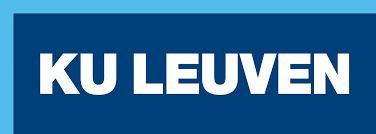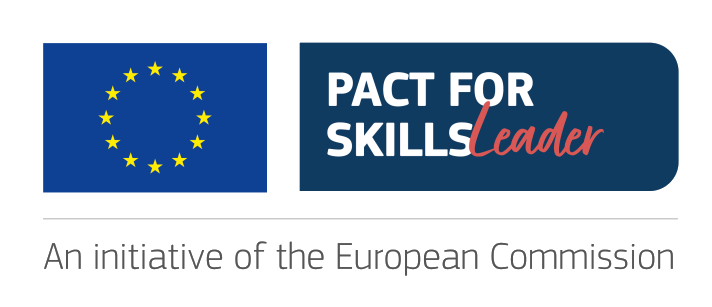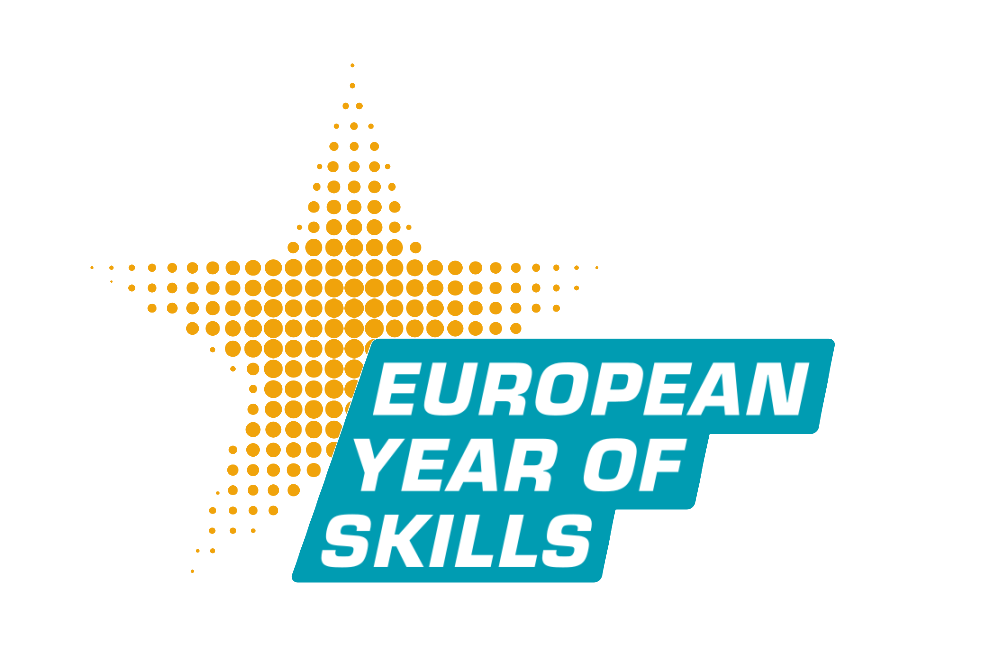About KU Leuven
KU Leuven is one of the oldest and well-known universities in Europe. It counts 65.189 students (2022-2023), of which 13.689 are international, while 7.172 are PhD students. KU Leuven has more than 14.000 staff. The University provides academic education at the Bachelors, Masters and Doctoral levels. KU Leuven is currently the largest university in Belgium in terms of research funding and expenditure (EUR 522 million in 2020) and is a charter member of LERU (League of European Research Universities). In the Times Higher Education ranking KU Leuven is ranked as the 42th university worldwide (2023), while in the Reuters Top 100 of the World’s most innovative institutions (2021), KU Leuven is listed as the first European university since 2016. Leuven participates in over 540 highly competitive European research projects (FP7, 2007-2013), ranking sixth in the league of HEIs participating in FP7. KU Leuven currently has more than 100 approved H2020 projects. Many entities of KU Leuven are active in the field of Space, upstream and downstream (including GNSS, Galileo and EO), as well as Geographic Information Science and Technology (GI S&T), Spatial Data Infrastructures (SDI) and Earth Observation (EO).
The Spatial Applications Division of KU Leuven (SADL) aims to transfer academic knowledge to society in the geospatial field. SADL conducts applied research, offers consultancy and provides training in space and geomatics, with focus on GIS, SDI, EO and geo-ICT in particular. Various application and policy domains are covered, among which: agriculture and environment; forest, nature and landscape management; mobility and transport; urban and regional planning and tourism. SADL was the scientific and technical coordinator of the Erasmus+ project EO4GEO – “Towards an innovative strategy for skills development and capacity building in the space/geospatial sector supporting Copernicus User Uptake”. Other groups focus on implementation and application aspects of GNSS, GPS and Galileo such as Department of Electrical Engineering (ESAT), The group Robotics, Automation and Mechatronics (RAM) of the campus in Diepenbeek and the Department of Mechanical Engineering. Other groups focus on the legal and governance aspects of Space such as the Leuven Centre for Global Governance Studies. KU Leuven is also running a Master on Space (60 ECTS) covering technological and non-technological aspects.



